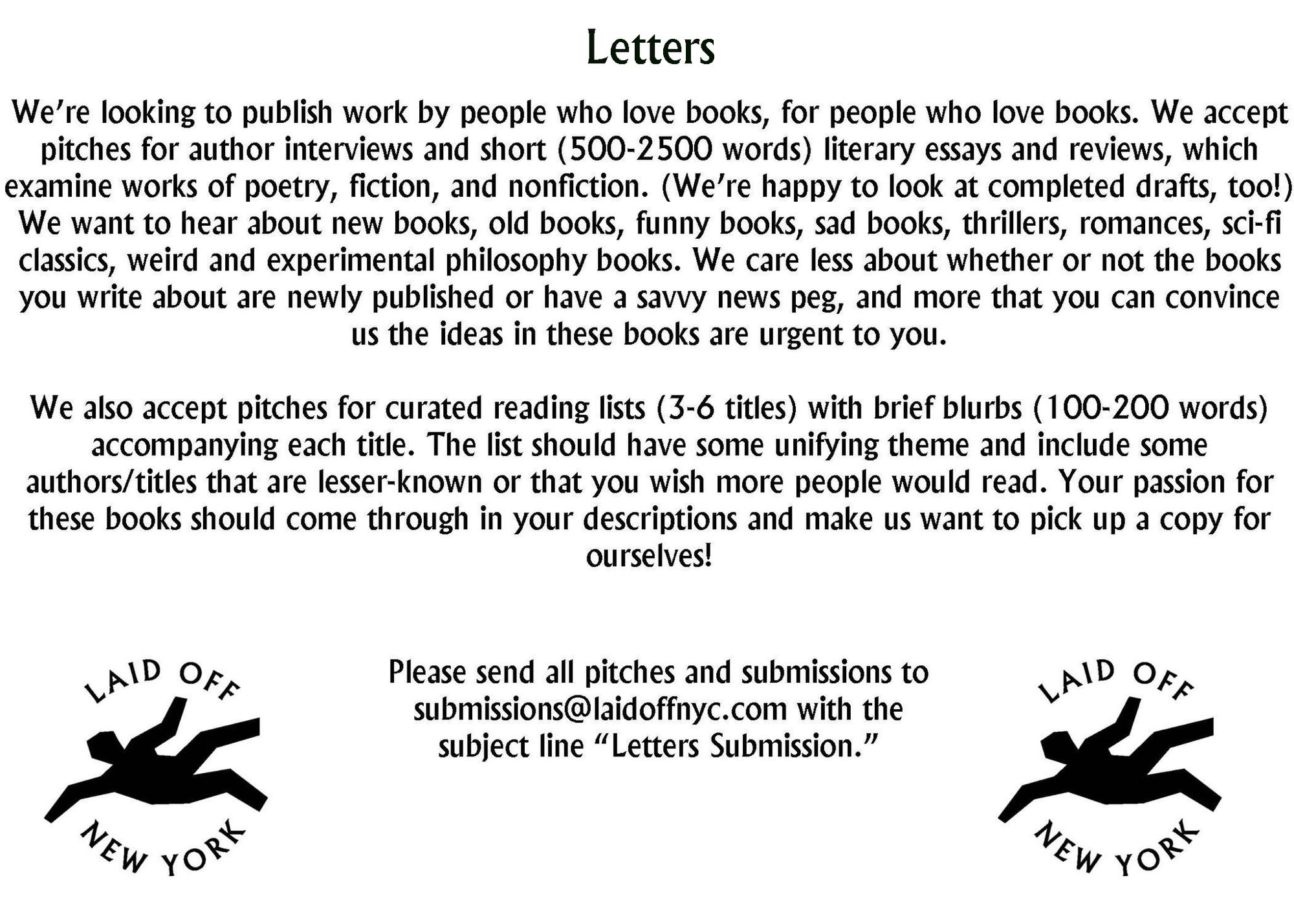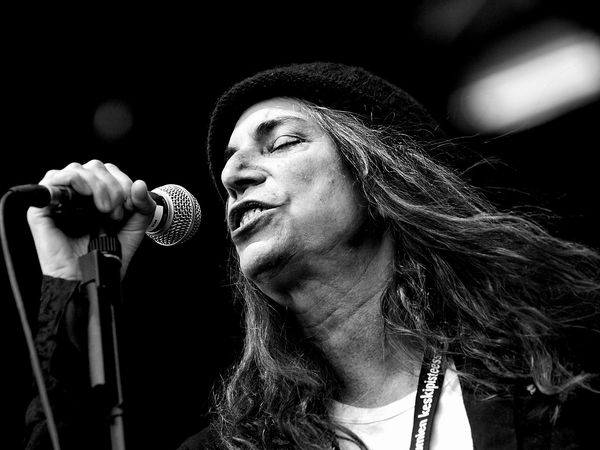Written by Erin Winseman
I’ve kept a diary all my life, and when the quarantine began, that did not change. The entries themselves did: increasingly fragmented, less rounded, erupting from my pen at odd, often random times. The writing, however, provided stability, a sense of relief.
Others thought similarly, but publicly. As the pandemic worsened, The New York Times published a piece called “Why You Should Start a Coronavirus Diary.” The Historical Society of Washington, D.C. began asking for journals for its “In Real Time” coronavirus initiative. Slate, The Lily, The Financial Times, and CNN, among others, all established running series called “Coronavirus Diaries,” compiling personal accounts and stories. A world has been turned on its head; keeping a record of private lives preserves history. Diaries organize our thoughts, stabilize the upheaval—needs that have inspired some of the most powerful ones: Anne Frank’s, for example, or William Benjamin Gould’s Diary of a Contraband.
And yet a diarist does more than reckon with catastrophe. I cannot help but think of the lines Anne Frank devoted to her crush, Peter. Gould’s writing on loneliness: “The Moon shone forth in its splendor and one could sit for hours and medetate apon [sic] the works of nature.” In the 25 journals hidden in various corners of my homes, the entries that dwell for pages on the ordinary—a game of kickball that, at age 12, I did not enjoy losing; the sand between my toes that one day I went to the beach. Joan Didion’s essay “On Keeping a Notebook,” in which she reveals that she keeps one to remember “what it was to be me.”
Diaries are private affairs, relevant not only as pieces of history but as memories of being. The space on the page is yours and yours alone. It is the only book you hide under your mattress, on whose first page you write keep out. A diary conceives a vast inner world, one in which scenarios play out, emotions unweave, beliefs are considered. It is also a conversation with yourself. If in an entry you speak to another person, that person is, inevitably, imaginary: another internal conception, like Anne Frank’s “Dear Kitty.” Most diaries, if ever made public, are read only after the writer’s death.
Most history has been preserved as public, staged memories in textbooks, statues, memorials, as events, dates, and timelines. The more famous diaries—Frank’s, Gould’s, Susan Sontag’s, Virginia Woolf’s, The Memphis Diary of Ida B. Wells—are read as literature. Today, daily writings of self are curated and performed on Facebook, LinkedIn, Instagram. In the Age of the Internet—and, really, throughout all historical recordkeeping—self-narration is all about appearing. Diaries counteract that space: “Being Extracts,” Woolf’s diary is called, not “Appearing Extracts.”
And yet this liminal space—between appearing and being—is at the forefront of the pandemic. The pandemic has forced a confrontation with reality: who our friends are, what makes a meaningful life, how to care for the sick. Coronavirus death rates are impacted by racial and economic disparities—revealing the very real system underlying those disparities, ignored and upheld for centuries. James Baldwin wrote often about this gap between appearing and being, the “white innocence” that was ever absolving the brutality and preventing any real change. In his essay, “Mass Culture and the Creative Artist: Some Personal Notes,” he labels this gap not a gap at all, but something more sinister: “We are very cruelly trapped between what we would like to be, and what we actually are.” That self-deception remains true; the white majority likes to remind ourselves, with book recommendations and Instagram stories, we are good.
Diaries unmask self-deception, or at least reveal the construct: unlike a well-curated Instagram post, there is no social performance in these entries—merely, if anything, social rehearsal. Diaries write the private, emotional self. In her book Upheavals of Thought: The Intelligence of Emotions, philosopher Martha Nussbaum writes, “The understanding of any single emotion is incomplete unless its narrative history is grasped and studied for the light it sheds on the present response.” Diaries do that work: they grasp and study, reaching into the past to clarify the arcs of our lives, the sudden stabs of anger or shame or guilt that might, in turn, lead us to deceive and be deceived. In another of Didion’s essays, “On Self-Respect,” she argues that the act of truth-telling establishes self-respect: “self-deception remains the most difficult deception…no winning smiles will do here, no prettily drawn lists of good intentions…people with self-respect exhibit a certain toughness, a kind of moral nerve; they display what was once called character…the willingness to accept responsibility for one’s own life.”
Diary-writing, however, will not alone lead to moral clarity. Joseph Goebbels, Adolf Hitler’s Minister of Propaganda, kept a diary. He began in 1923: “I can’t go on suffering like this. I need to write this bitterness out of my soul.” Not all personal sentiment deserves analysis or carries ethical weight. And yet the Holocaust historian Peter Longerich based his biography of Goebbels largely on his diaries, attempting an understanding of history through the distorted emotional life of a Nazi figurehead. Meanwhile, the emotions of most historical figures are lost in the white-washed apparatus of historical recordkeeping: the textbooks, the statues and memorials that obscure the immediacy and variety of emotion, of being. But, as Nussbaum continues, “If emotions are suffused with intelligence and discernment, and if they contain in themselves an awareness of value or importance, they cannot, for example, easily be sidelined in accounts of ethical judgment, as so often they have been in the history of philosophy.” Indeed, emotions dictate ethical judgment: the wrongness or rightness of an action, the reasoning, the history. They are categorically linked; studying one without the other is incomplete. When speaking of the protests last summer over the murder of George Floyd, Ohio Representative Joyce Beatty said to The Atlantic, “You have to look at the hurt.”
If the study of our own emotion begins with keeping a diary, the study of ethical judgment begins with the reading of others’. Turning to diaries may change the way we see and understand history, what we deem as important in our reckoning with it. They conjure up the interiority of a moment, the patterns of a life, the immediacy of emotion; they bring us back into the past as if it were the present. This sort of thinking will not be found in the “Coronavirus Diaries” curated for the historical apparatus, but rather in the diaries kept in private, where thought and emotion are examined with no public purpose, drawing us deeper into the mind of another and expanding the mind we ourselves inhabit. Is moral clarity the goal? It may certainly be a result, a side-effect of self-examination and exposure to, as Baldwin said, “what we actually are.” Only when we unmask those self-deceptions do we meet—and perhaps, ultimately, choose to confront—the face looking back at us.

Get to know Erin better: @erinwinseman
*thumbnail image James Baldwin



